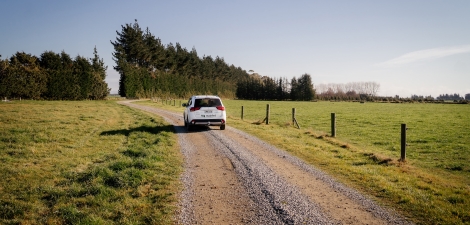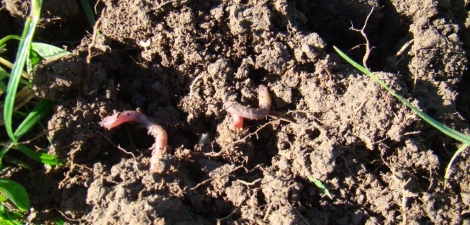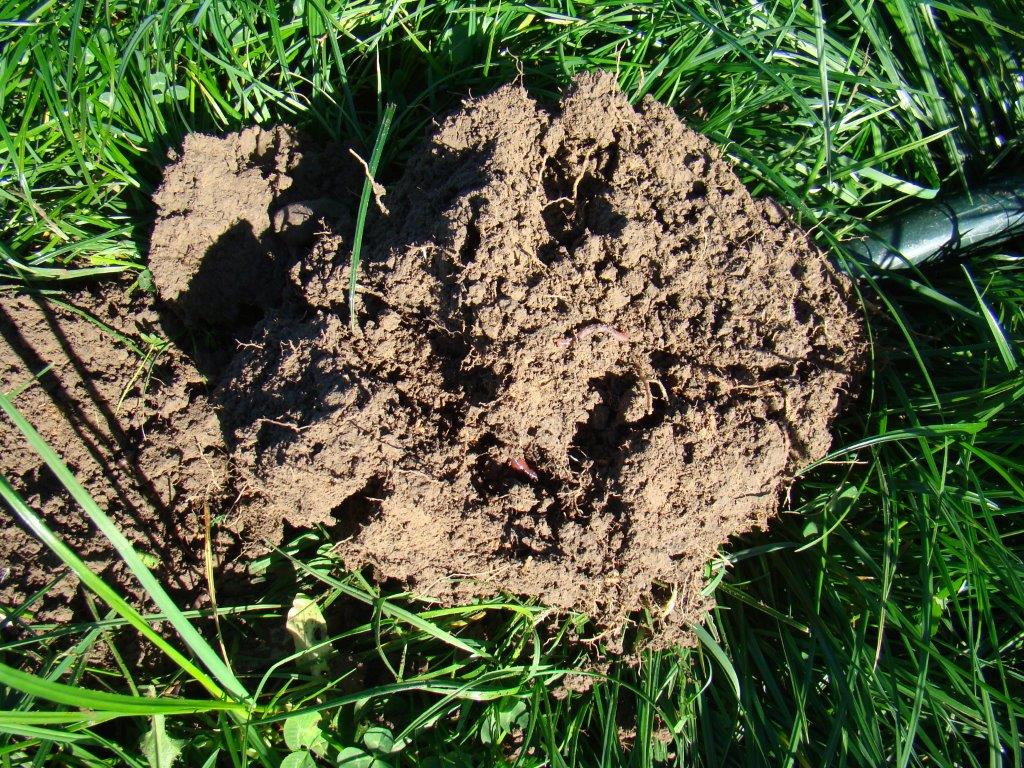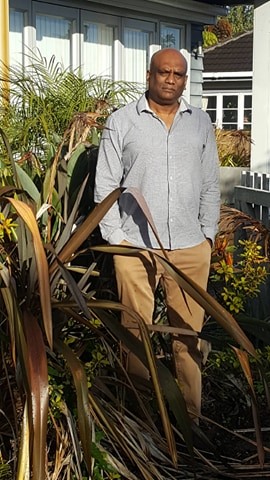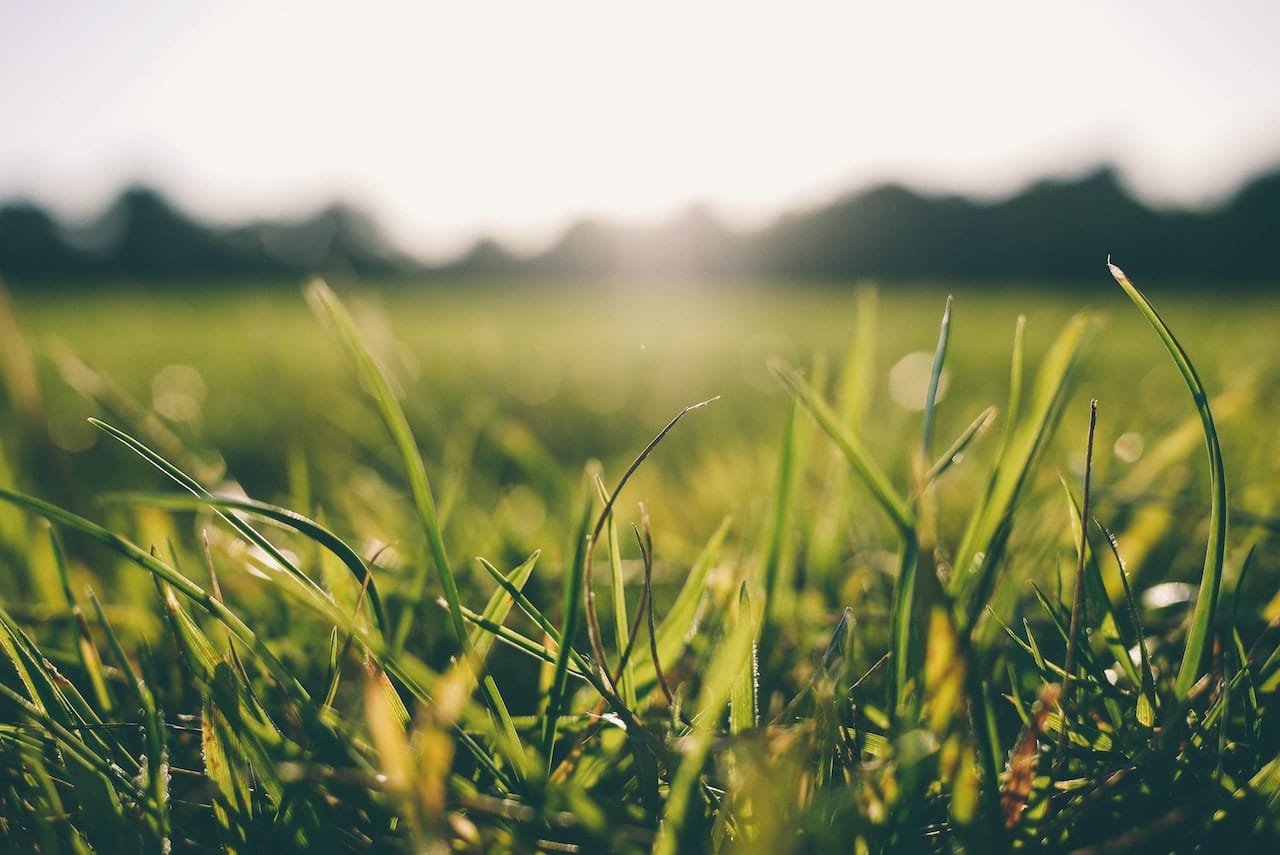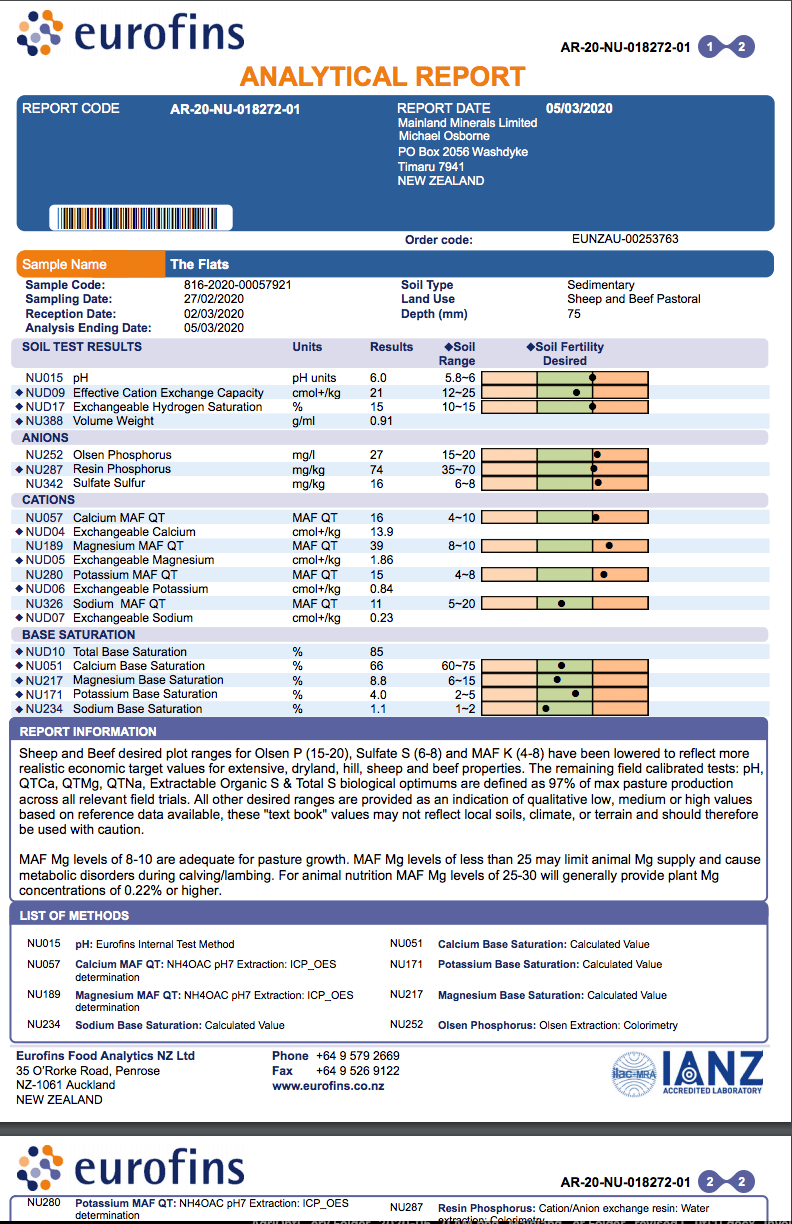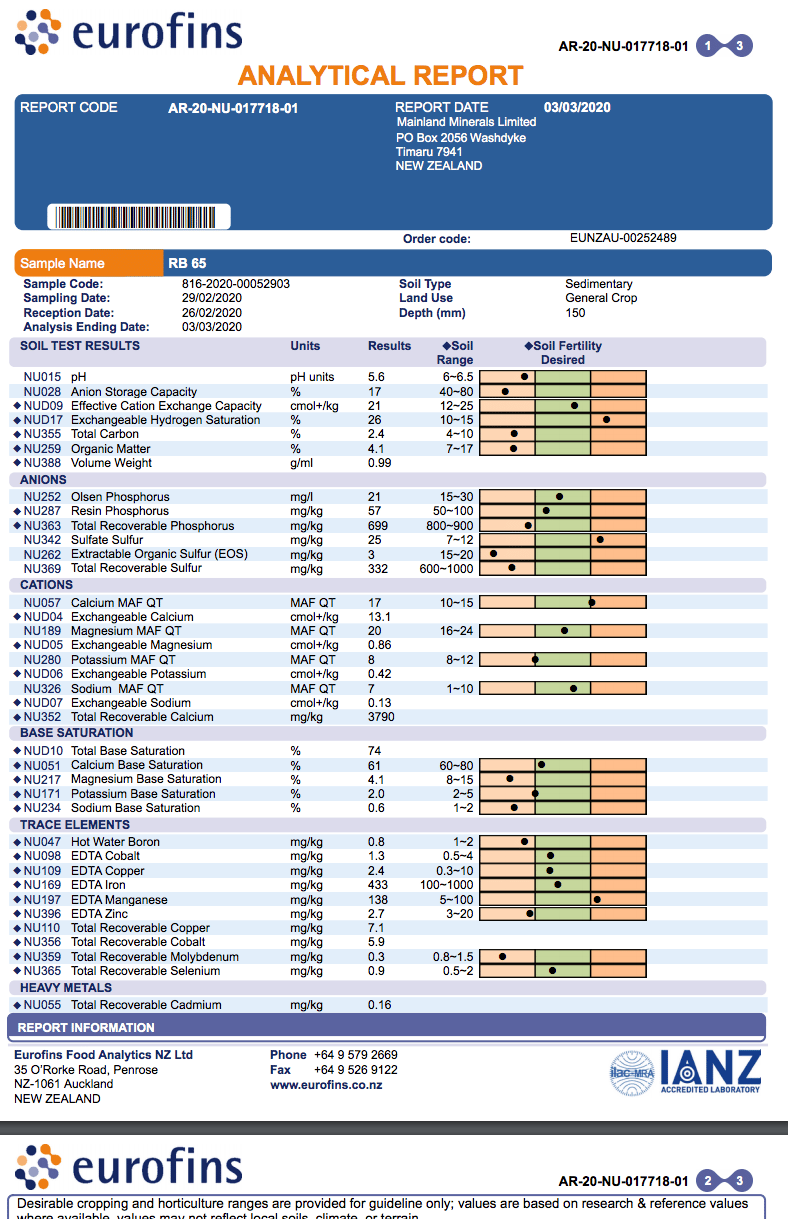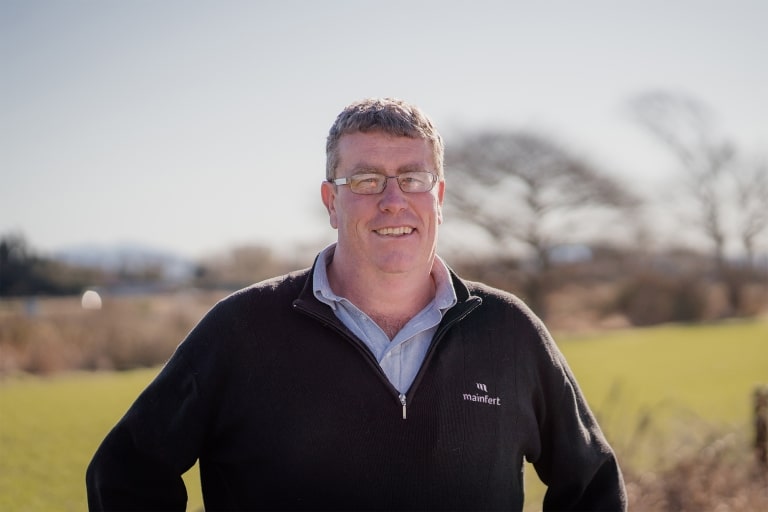Last weekend, we were delighted to support a team of University of Canterbury (UC) students as they took part in the Moana Oceania Soil Judging Competition in Rotorua.
The competition was designed to teach participants how to describe and assess soils, including identifying horizons, textures, colours, structures, and suitability for land use.
The first two days were spent practising in Rerewhakaaitu and Mamaku, before the competition day in Tumunui. Local farmers generously allowed the group to study soil pits on their properties, giving the students a chance to explore Rotorua’s unique soils shaped by its volcanic past. Pumice, allophane, and tephric materials were prominent—features that are quite different from those found in Canterbury. The students were even able to see volcanic layers from the historic eruptions of Mt Tarawera and Taupō in the soil profiles!
The UC team said they learnt a lot leading up to competition day and while they didn’t win any prizes this time around (with Lincoln University taking the top spots), they left feeling proud of their efforts and grateful for the experience. Their new knowledge and hands-on skills will undoubtedly serve them well in their future studies and careers!
This year’s competition saw an unexpectedly large number of participants, and we’d like to thank the organisers who handled the event superbly. As the first UC team to participate, these students have set a strong example for others, paving the way for future teams to represent the university. With next year’s event planned for New South Wales, Australia, and a possible return to New Zealand the year after, it’s exciting to think about the growing opportunities for local students to get involved.

